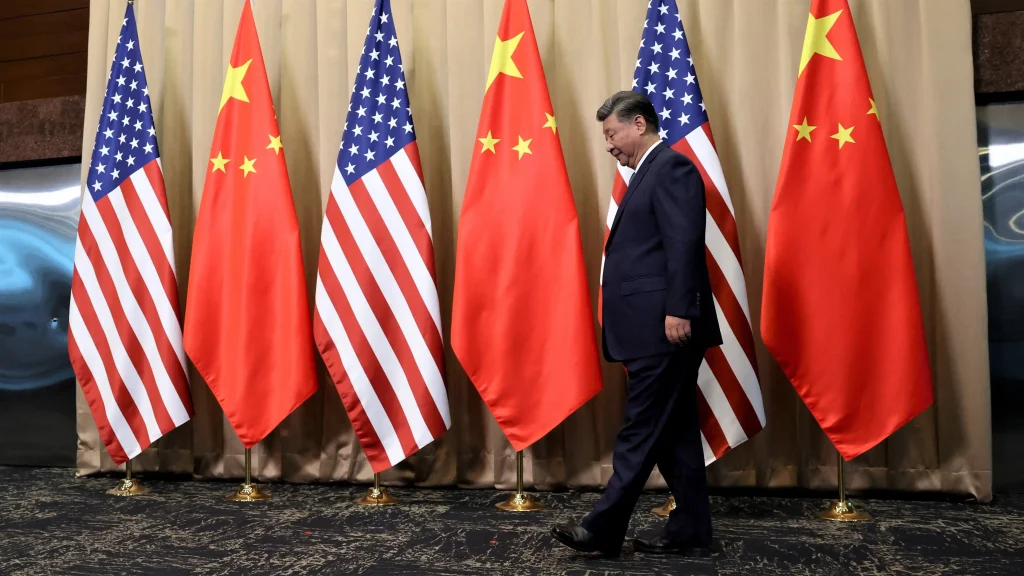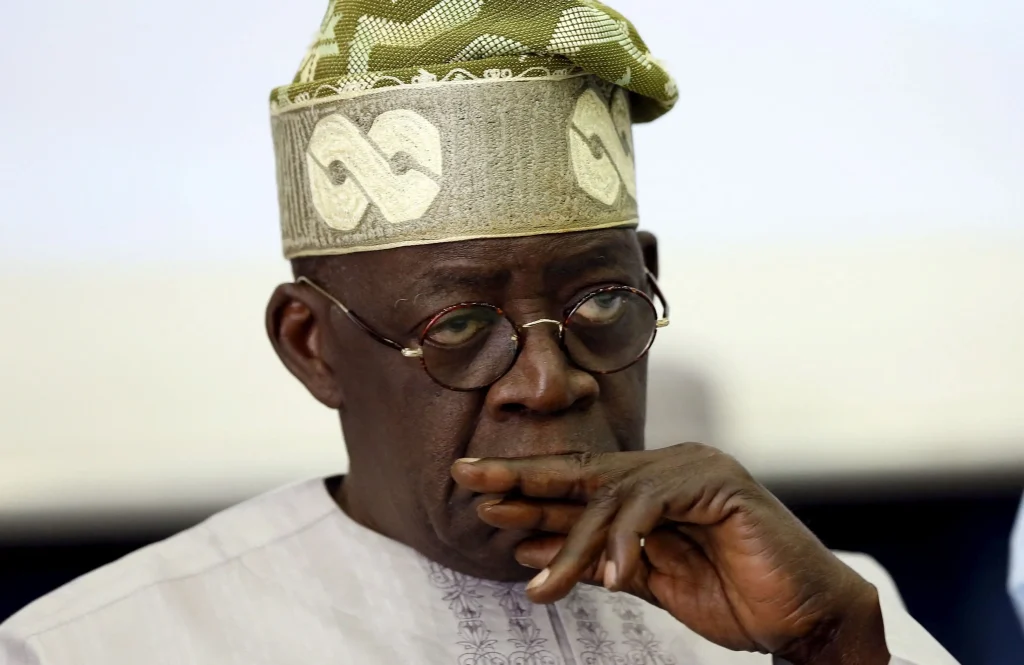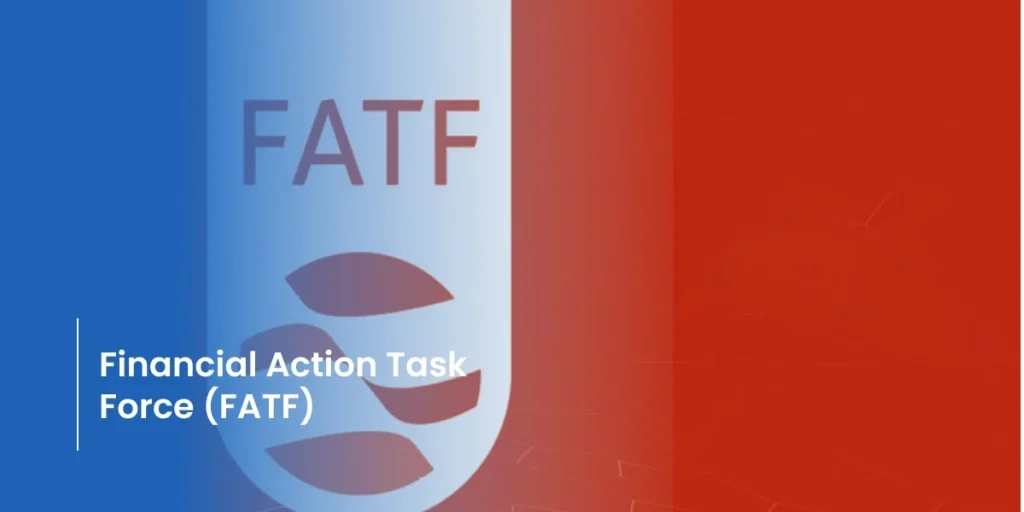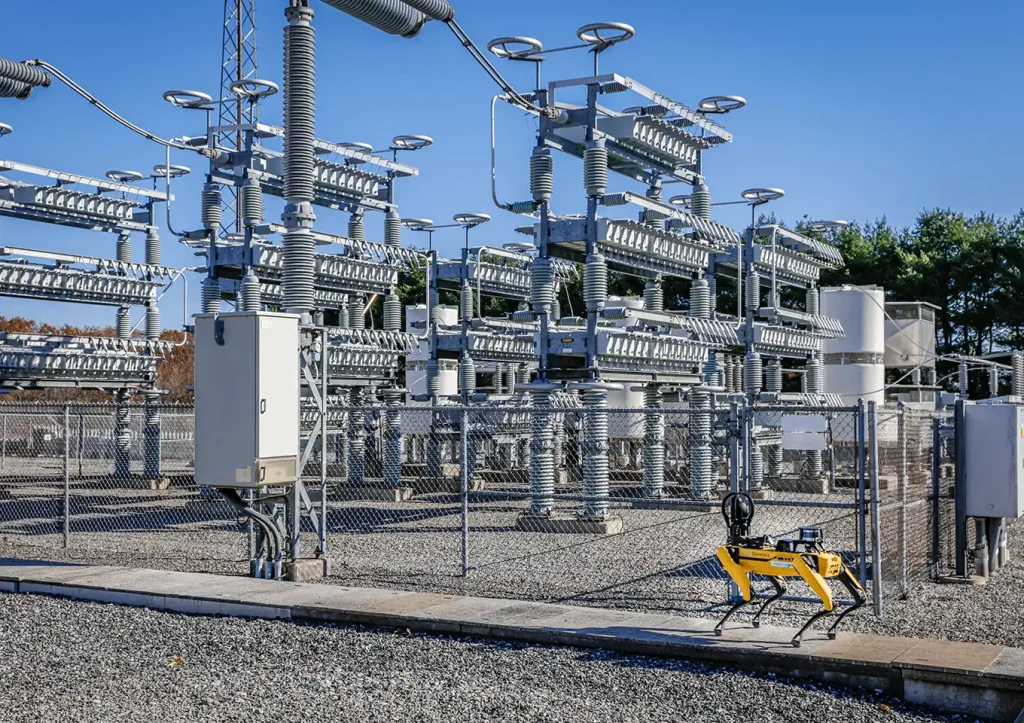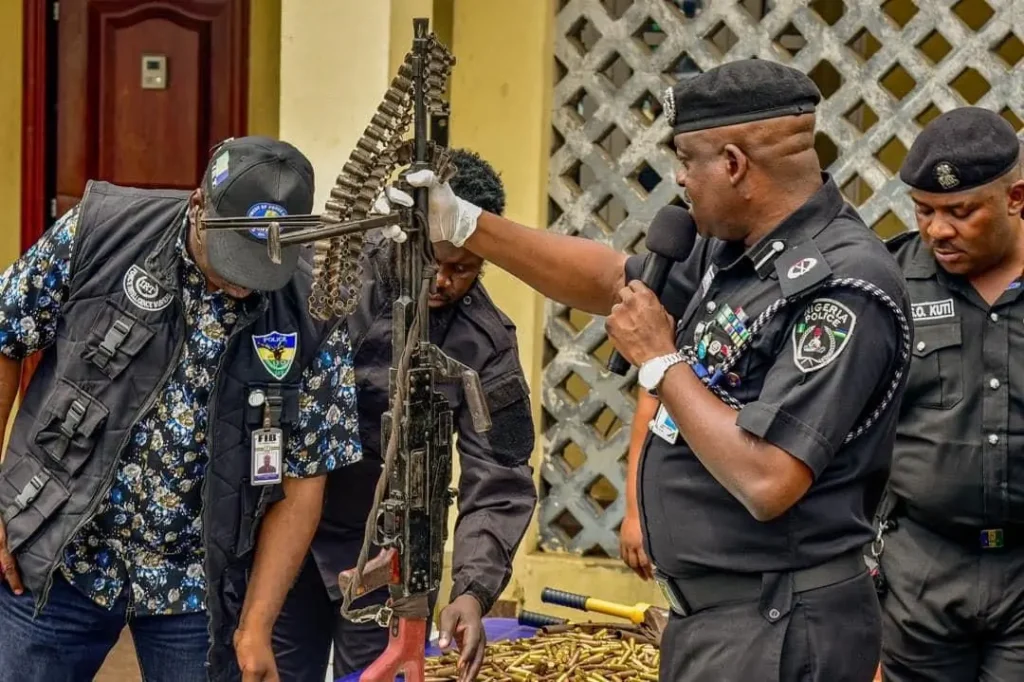In a significant move to combat terrorism financing, the Nigeria Sanctions Committee has designated 17 individuals and organizations as terrorism financiers. The list, which includes prominent names such as Simon Ekpa, Godstime Promise Iyare, and several others, was approved by President Bola Tinubu upon the recommendation of the Attorney General of the Federation. This development marks a critical step in Nigeria’s ongoing efforts to dismantle the financial networks that support terrorist activities within and outside the country.
List of Designated Individuals and Organizations
The individuals and entities named on the sanctions list are:
- Simon Ekpa
- Godstime Promise Iyare
- Francis Mmaduabuchi
- John Onwumere
- Chikwuka Eze
- Edwin Chukwuedo
- Chinwendu Owoh
- Ginika Orji
- Awo Uchechukwu
- Mercy Ebere Ifeoma Ali
- Ohagwu Juliana
- Eze Okpoto
- Nwaobi Chimezie
- Ogomu Kewe
- Igwe Ka Ala Enterprises
- Seficuvi Global Company
- Lakurawa Group
These individuals and organizations have been accused of involvement in terrorism financing, a crime that undermines national security and perpetuates violence.
Approval and Legal Basis for the Sanctions
The decision to designate these individuals and entities was made during a meeting of the Nigeria Sanctions Committee on March 6, 2024. The committee, after thorough deliberations, recommended their inclusion on the Nigeria Sanctions List. The Attorney General of the Federation, with the approval of the President, subsequently endorsed the list.
The sanctions are based on Section 54 of the Terrorism (Prevention and Prohibition) Act, 2022, which empowers the government to identify, freeze, and seize assets linked to terrorism financing. The Act also mandates financial institutions and other stakeholders to comply with the sanctions regime by reporting suspicious transactions and freezing accounts associated with designated persons.
Immediate Actions Required
In a document obtained from the committee, financial institutions and relevant stakeholders were instructed to take the following actions:
- Freeze Assets: Immediately identify and freeze all funds, assets, and economic resources belonging to the designated individuals and entities.
- Report Compliance: Submit detailed reports of assets frozen and actions taken to the Nigeria Sanctions Committee.
- File Suspicious Transactions Reports (STRs): Notify the Nigerian Financial Intelligence Unit (NFIU) of any suspicious financial activities linked to the designated persons.
- Monitor Transactions: Report all cases of name matching in financial transactions, both before and after the receipt of the sanctions list.
The committee emphasized that freezing measures should extend to all accounts associated with the designated individuals and entities, including those linked to their signatories and directors. This comprehensive approach aims to ensure the effective enforcement of the sanctions regime.
Impact on Financial Institutions
Financial institutions, including banks, payment platforms, and other economic stakeholders, have been directed to enforce the sanctions without delay. They are required to submit compliance reports to the Nigeria Sanctions Committee via the following email addresses: secretariat@nigsac.gov.ng and info@nigsac.gov.ng.
The directive underscores the government’s commitment to disrupting the financial networks that fuel terrorism. By targeting the flow of funds, the sanctions aim to weaken the operational capabilities of terrorist groups and their supporters.
Background on Terrorism Financing in Nigeria
Terrorism financing has been a persistent challenge in Nigeria, particularly in the face of insurgencies by groups such as Boko Haram and the Islamic State in West Africa Province (ISWAP). These groups rely on a complex network of financiers, including individuals and businesses, to fund their operations.
The designation of 17 individuals and organizations as terrorism financiers reflects the government’s resolve to tackle this issue head-on. It also aligns with international efforts to combat terrorism financing, as outlined by organizations such as the Financial Action Task Force (FATF).
Reactions to the Sanctions
The announcement has elicited mixed reactions from the public. While many Nigerians have applauded the government’s decisive action, others have called for transparency in the process to ensure that the sanctions are not used as a tool for political vendettas. Human rights organizations have also urged the government to ensure that the rights of the designated individuals are respected and that they are given a fair opportunity to challenge the sanctions.
What’s Next?
The implementation of these sanctions is expected to have far-reaching implications for Nigeria’s fight against terrorism. By targeting the financial lifelines of terrorist groups, the government aims to disrupt their operations and reduce their capacity to carry out attacks.
However, the success of this initiative will depend on the cooperation of financial institutions, the vigilance of regulatory bodies, and the commitment of the international community to support Nigeria’s efforts. As the sanctions take effect, all eyes will be on the Nigeria Sanctions Committee to ensure that the measures are enforced effectively and fairly.
Conclusion
The designation of 17 individuals and organizations as terrorism financiers is a bold and necessary step in Nigeria’s fight against terrorism. By targeting the financial networks that sustain terrorist activities, the government is sending a clear message that it will not tolerate any form of support for terrorism. As the sanctions are implemented, it is crucial for all stakeholders to work together to ensure their success and to uphold the principles of justice and transparency.






